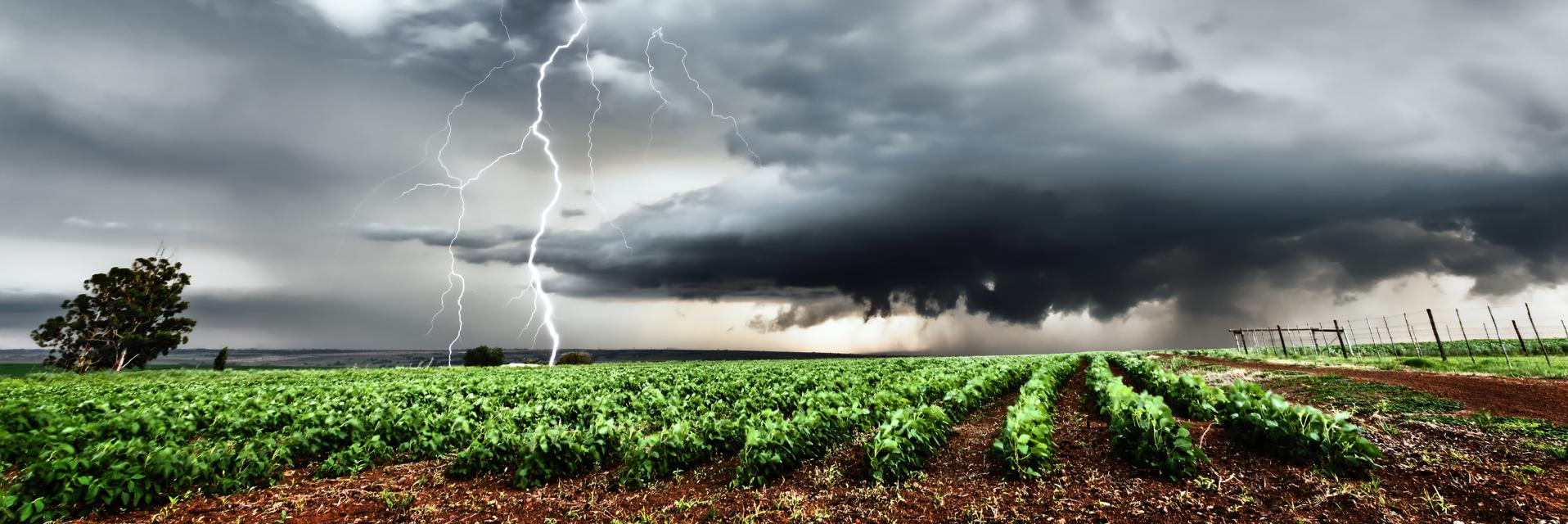Background
Climate research in Africa is fragmented and not demand-driven. As such, it is not responsive to the user needs, and also needs to be firmly situated within the contexts of Agenda 2063, Sustainable Development Goals (SDGs) and the Paris Agreement. The intensity and frequency of disruptions in natural and socioeconomic systems caused by climate change require African-led demand-driven researches in the areas of mitigation, adaptation, resilience building, as well as capitalizing on emerging opportunities. The Climate Research for Development (CR4D) initiative represents a paradigmatic shift to address these gaps and situate climate research into the broader development context.
The Climate Research for Development (CR4D) is an African-led initiative supported by partnership between the African Climate Policy Centre (ACPC) of the United Nations Economic Commission for Africa (UNECA), the African Ministerial Conference on Meteorology (AMCOMET), the World Meteorological Organization (WMO), and the Global Framework for Climate Services (GFCS) to strengthen links between climate science research and climate information needs in support of development planning in Africa. The initiative was mandated by the African Climate Conference 2013 (ACC-2013) that was held in Arusha, Tanzania, which brought together more than 300 participants including the African climate scientists, policy makers, climate service providers, and practitioners to discuss the state of African climate science and the existing gaps in climate knowledge. Participants of ACC -2013 recommended the establishment of an African climate research agenda for climate services and development. It was officially launched in Cape Verde by the Third Session of AMCOMET (February 2015).
Following the establishment of the CR4D governing bodies (i.e., the Oversight Board (OB), the Scientific Advisory Committee (SAC) and the Institutional Collaboration Platform (ICP), the ECA-ACPC partnered with the African Academy of Sciences (The AAS) and DFID under the WISER program to implement and manage a small but potentially scalable research grant mechanism. As part of this mechanism, and through a generous grant from the then DFID, , the CR4D initiative disbursed grants to the first cohort of 21 post-doctoral researchers from Benin, Cameroon, Cote D’Ivoire, Ethiopia, Ghana, Madagascar, Namibia, Uganda, Kenya, Senegal and Zimbabwe in June 2019. The grants were for an initial period of 12 months, subsequently extended to 18 months to allow for adequate in-depth engagement with the issues under investigation. Funded research focuses on foundational climate science, climate change impacts and policy/advocacy knowledge frontiers. The research initiative is already playing a critical role in mobilizing African climate researchers around a unified climate research agenda to address priority needs of policy makers and vulnerable communities in Africa, in addition to building the capacities of young African climate scientists through cross-regional exchanges, fellowship and secondments.
The research process was ably managed by the African Academy of sciences (AAS), an African institution with long and diverse experience and expertise of managing research endeavours by both senior and upcoming African scientists. As the research has now come to an end, it is imperative that the researchers be accorded, as part of their scientific development, an opportunity to share their work with the scientific community at large, receive comments and advice, and ultimately publish their work in contribution to deepening our understanding of the climate change and development nexus. This will be done through an end of research workshop jointly organized by the ACPC, WMO and AAS, and supported by the SAC and ICP.
Format
The workshop will be organised in hybrid format. As travel is becoming increasingly possible, participation of the research grantees, speakers and the chairpersons in the workshop will be in-person, observing all COVID-19 protocols. Other invited participant will attend it using virtual link.
In order to balance the need for every researcher to adequately present their work and receive comprehensive responses, the workshop will be organised into several parallel sessions. Participants are encouraged to select the sessions that interest them and review the presentations prior to the webinar. After the formal opening addresses, the webinar will break into parallel sessions in which the researchers will make very brief presentations of their research findings and pertinent conclusions, with time allowed for in-depth engagement with participants.
Event Documents

